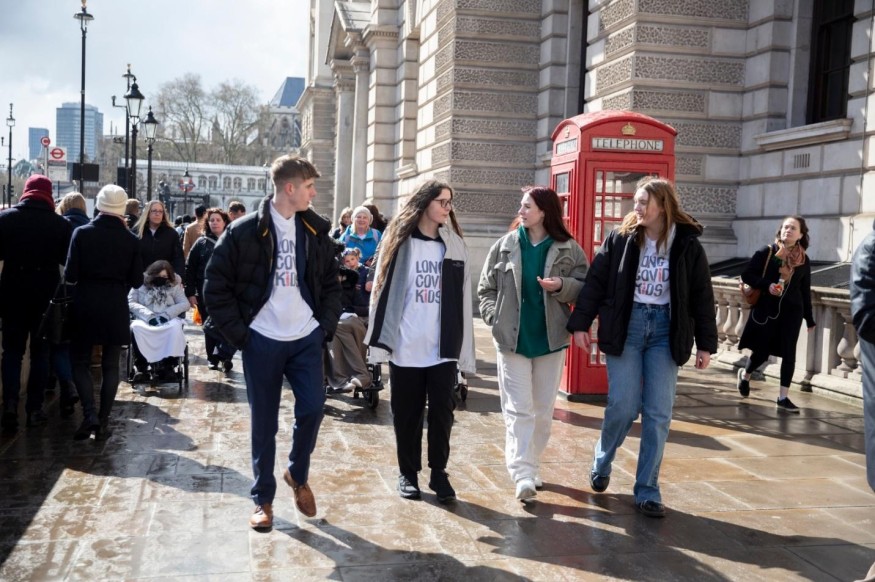
A UK charity supporting children with Long COVID today gives an acute insight into how these children are not receiving the care needed to improve their outlooks and recovery times.
According to recent ONS UK data, more than 71,000 children are now living with Long COVID and many have been struggling with this long term health condition for almost three years.
LONG COVID KIDS, a charity founded to support children and their families living with Long COVID and associated health conditions, has been collecting data by surveying 382 respondents representing children and young people aged 4 to 18 within the last six weeks. All the respondents have,suspected or diagnosed Long COVID.
The results, which are being analysed by the charity and their partner, the University of Derby, make grim reading for the NHS and for healthcare providers offering treatment to the UK's next generation.
Preliminary results
26% of children and young people with Long COVID are still awaiting a referral to an established Long COVID service. For those referrals that have been made, the average time for this to occur is more than six months. 42% of those that have been referred to a Long COVID service are either unsatisfied or very unsatisfied with their experience, demonstrating how medical support has been found wanting.
73% of respondents highlighted their experience has not met their expectations and 51% have resorted to using private healthcare or looking abroad for treatment.
59% of children and young people highlight that subsequent infections with COVID-19 have added further symptoms and complications to their Long COVID.
What the experts say
Dr Mark Faghy, Associate Professor in Respiratory Physiology at the University of Derby:
"The results of this survey highlight a clear need to develop comprehensive support mechanisms that address the multi factorial challenges that children and young people living with Long COVID are experiencing.
These services need to be underpinned with empirical research and detailed assessments that identify the greatest needs of patients, information which can be used to inform bespoke support pathways that put the patients needs first.
It is clear from the data that current approaches are not adequate to help people living with the long term effects of Long COVID and at present for young people suffering with the symptoms, there is no end in sight."
Dr Binita Kane, Consultant Respiratory Physician at Manchester University:
'As someone who struggled to get the right support in the UK. and sought help abroad, sadly the figures don't surprise me. The frustration for many of us is that the clinical services are not keeping up with the wealth of science and research that's emerged. Patients expect to be offered treatments based on what they have read and researched for themselves, but few healthcare professionals are willing to prescribe even low risk treatments. Some children have been ill for nearly three years, and zero clinical trials of treatment are ongoing. It simply isn't good enough at this stage'.
Kirsty Stanley Health Team Lead at LONG COVID KIDS:
"We have been hearing children, young people and their families talk about challenges with their experiences of health services in our support services for the past couple of years. We wanted a way to capture this data more formally as well as highlighting what aspects of health services people were finding helpful. We hope the findings provide a starting point for clinics to audit their services so that needs of young people with Long COVID can be met."
Long COVID Kids charity founder Sammie McFarland, summarised:
"Our mission is to raise awareness of the impact of Long COVID and related illnesses on children and young people. This survey was conducted to try and understand paediatric health experiences and where our health services can improve response and intervention.
"LCK strives to find a solution for every challenge, and we will continue to promote a better understanding of children and young people's health and wellbeing following COVID infection. We call for UK investment into paediatric biomedical research and seek effective treatments to aid the best possible recovery. LCK will always highlight the obstacles and challenges families face and call on clinicians, health organisations, local authorities and governments in the UK to effect positive change."
© 2026 ScienceTimes.com All rights reserved. Do not reproduce without permission. The window to the world of Science Times.











